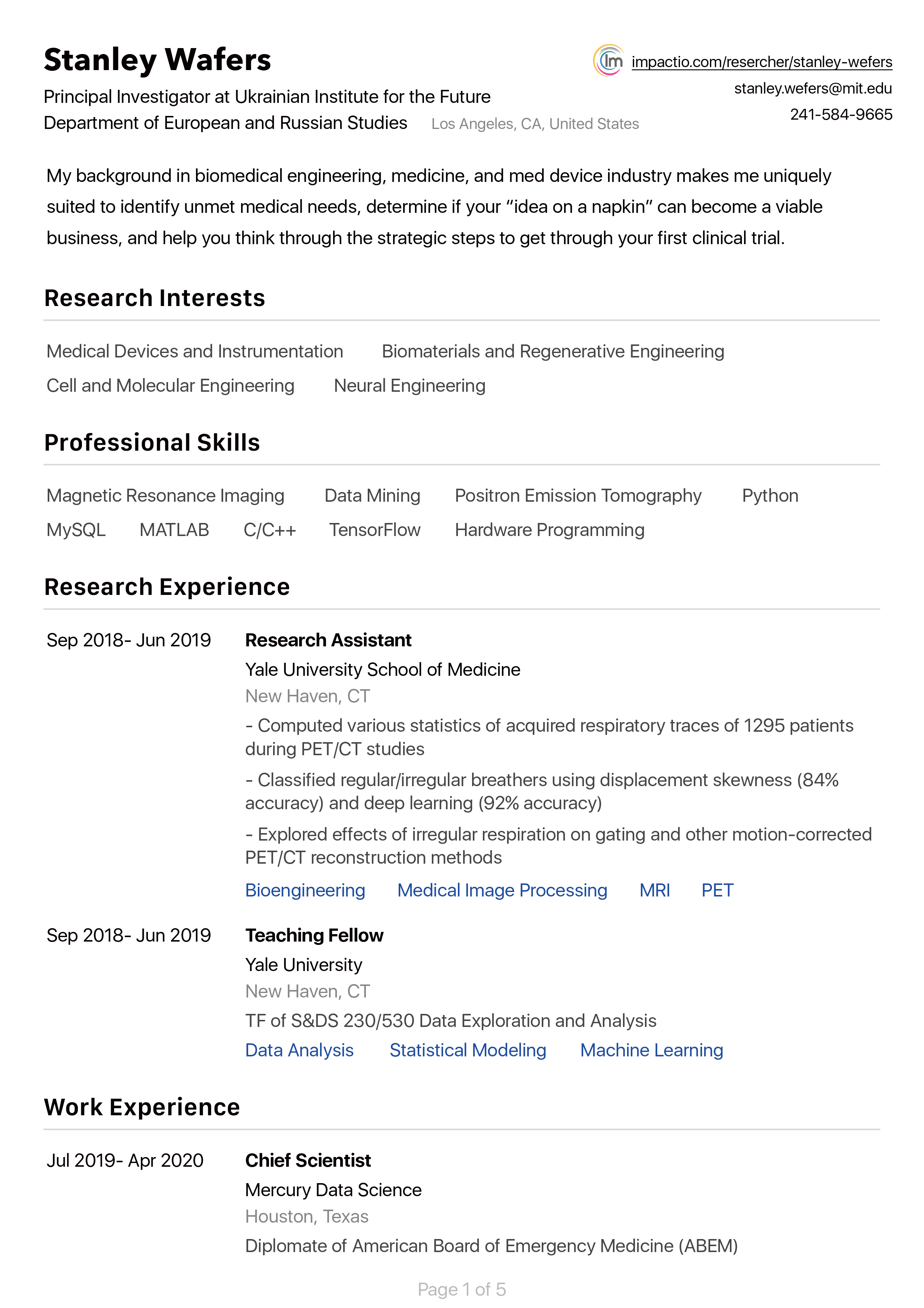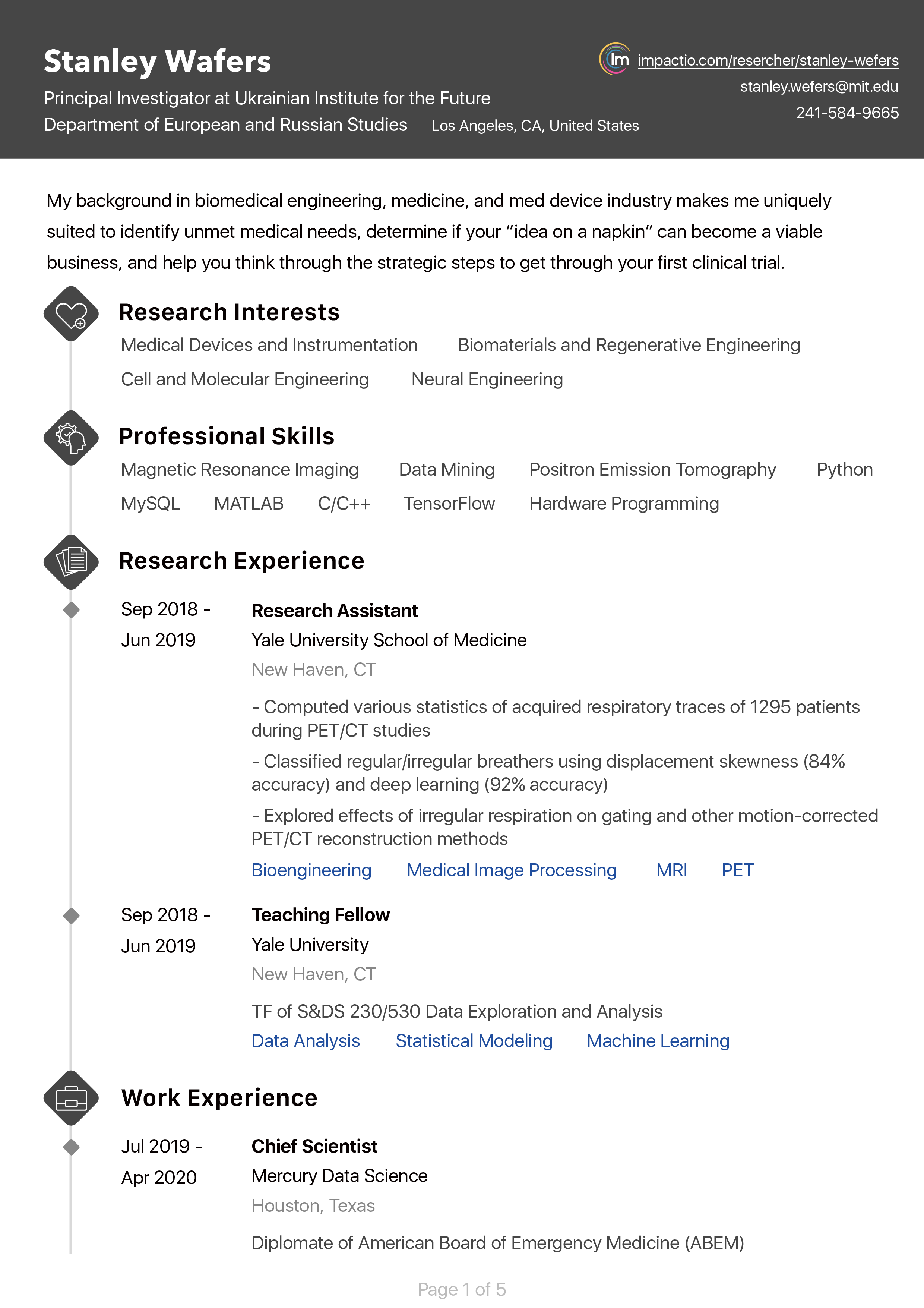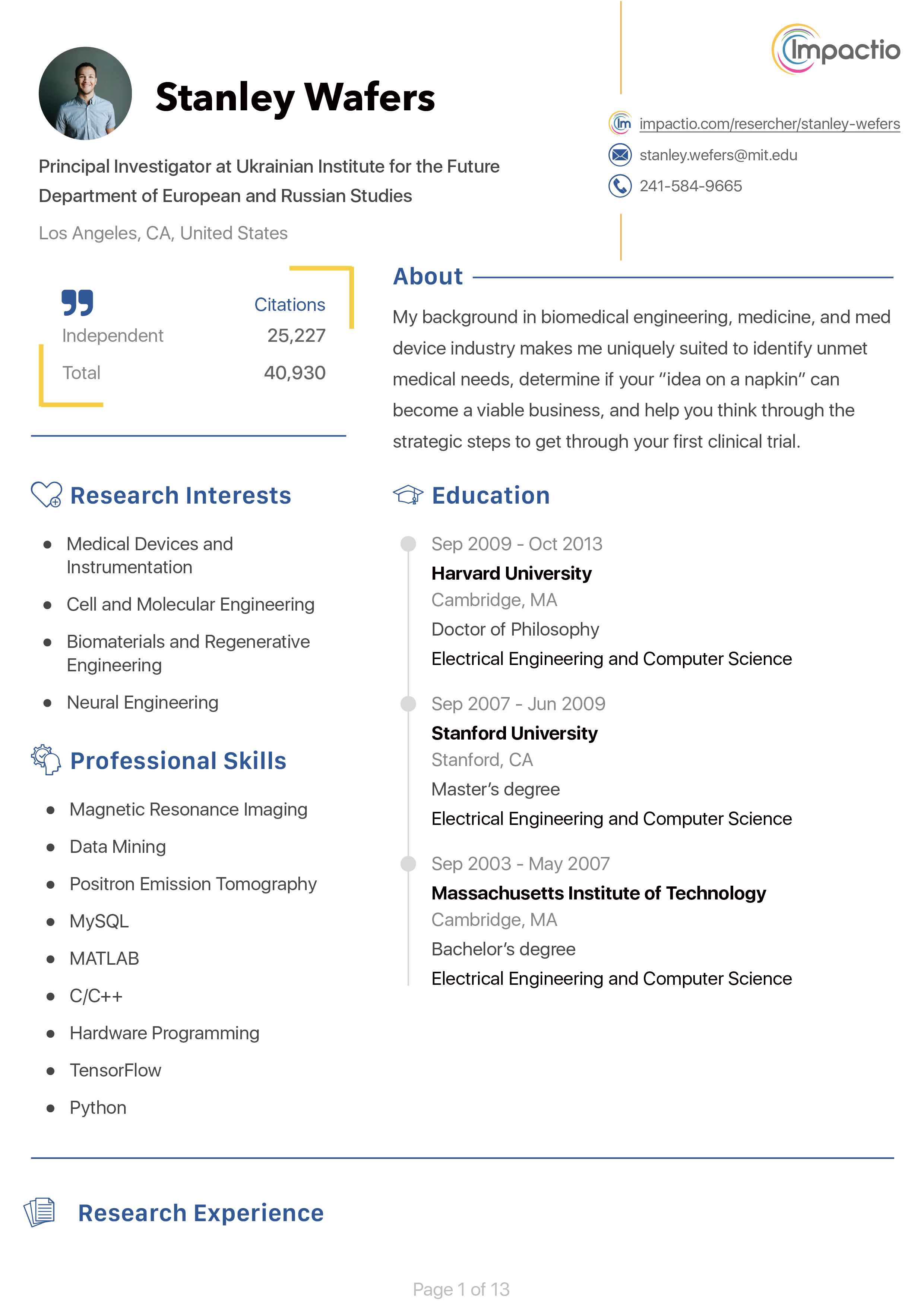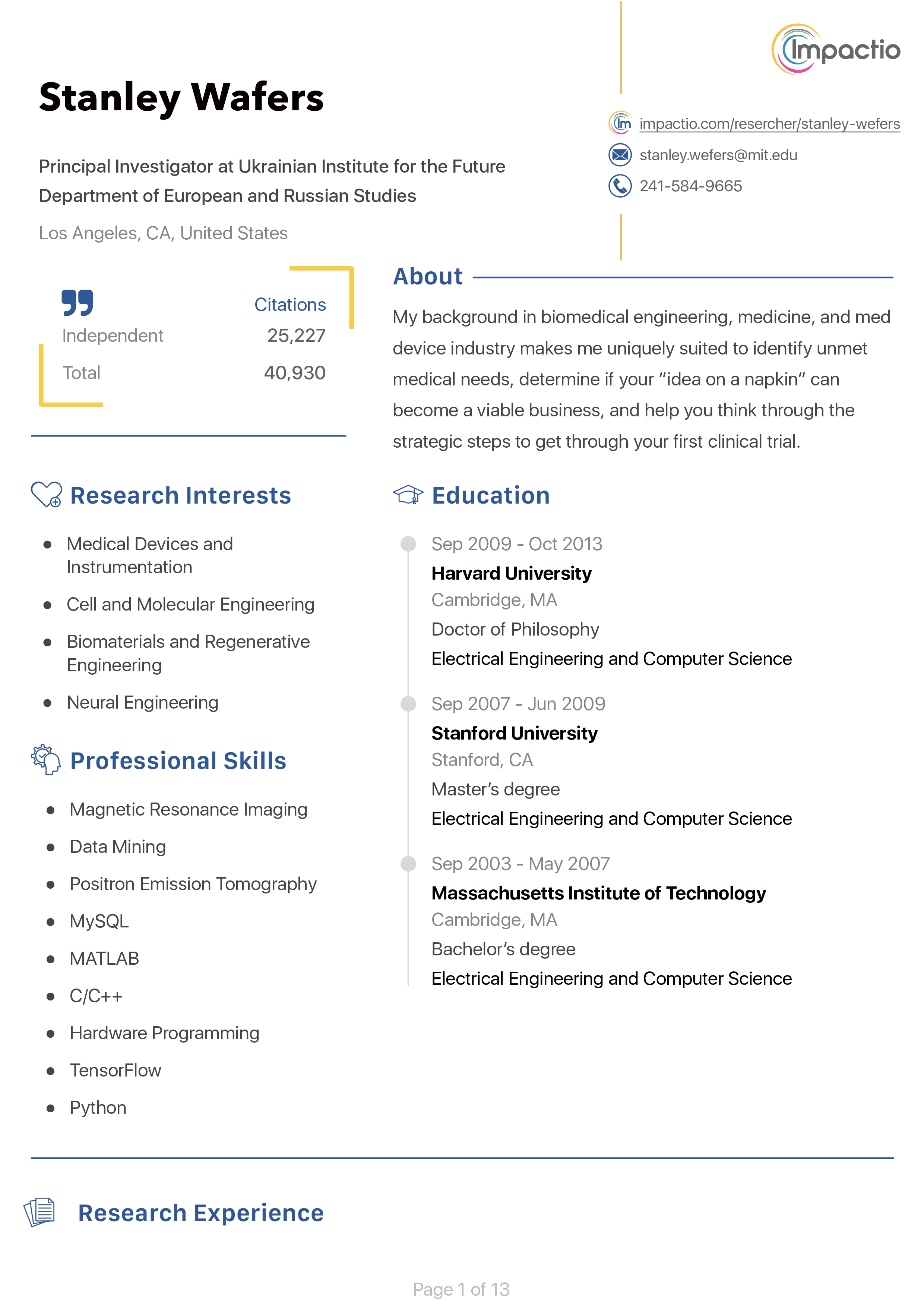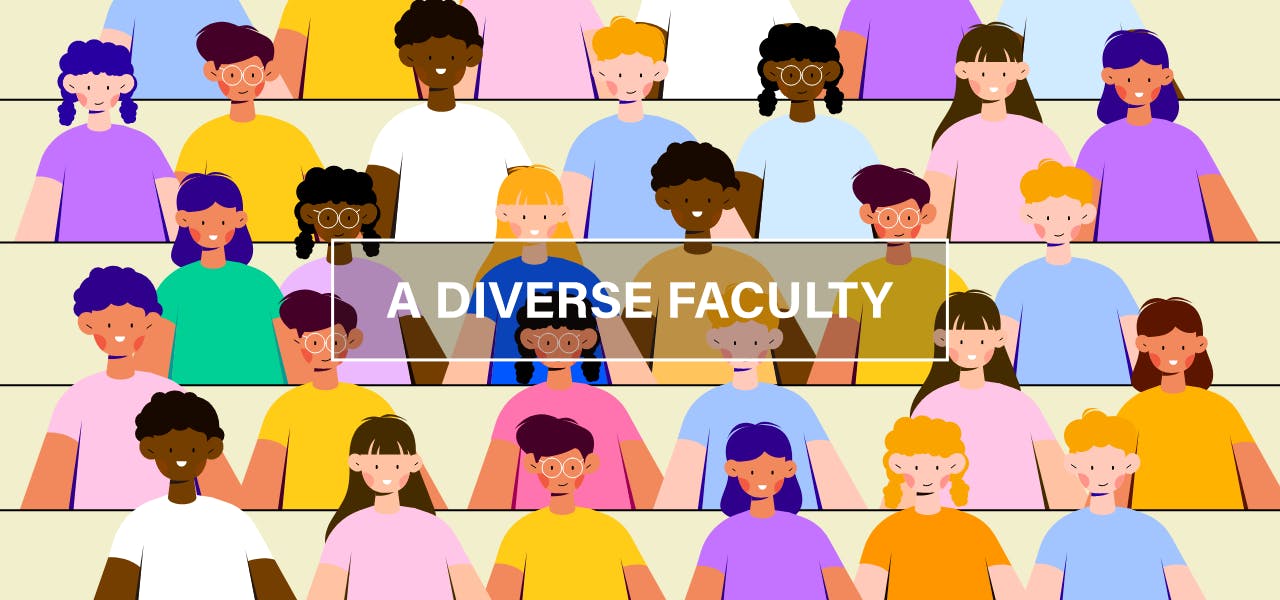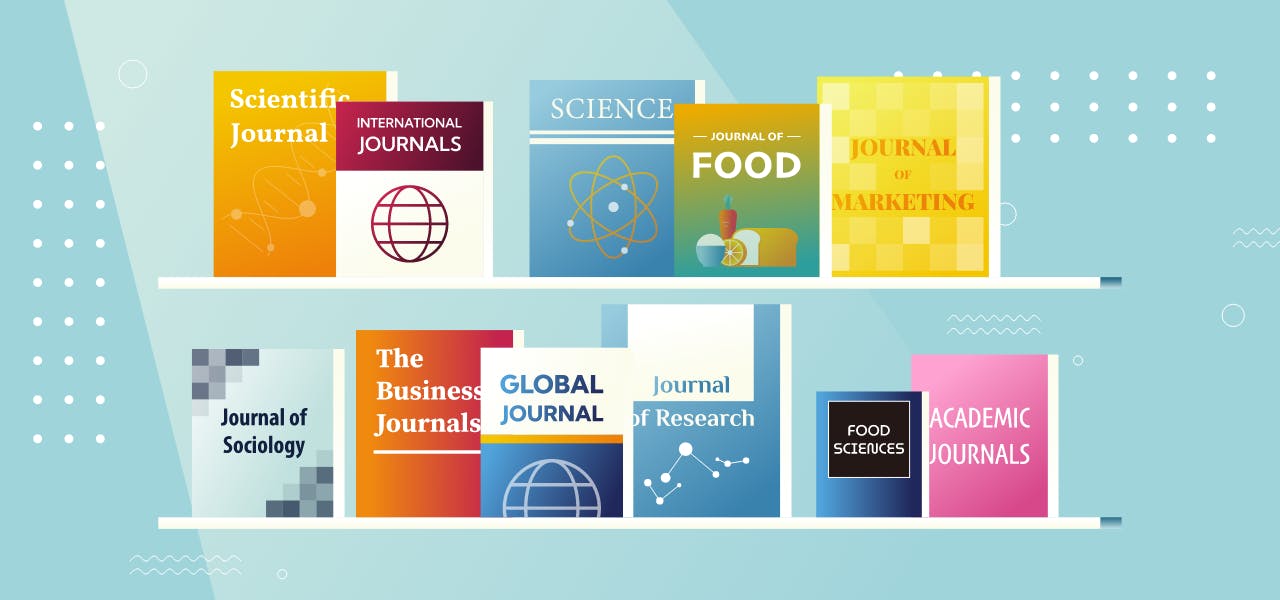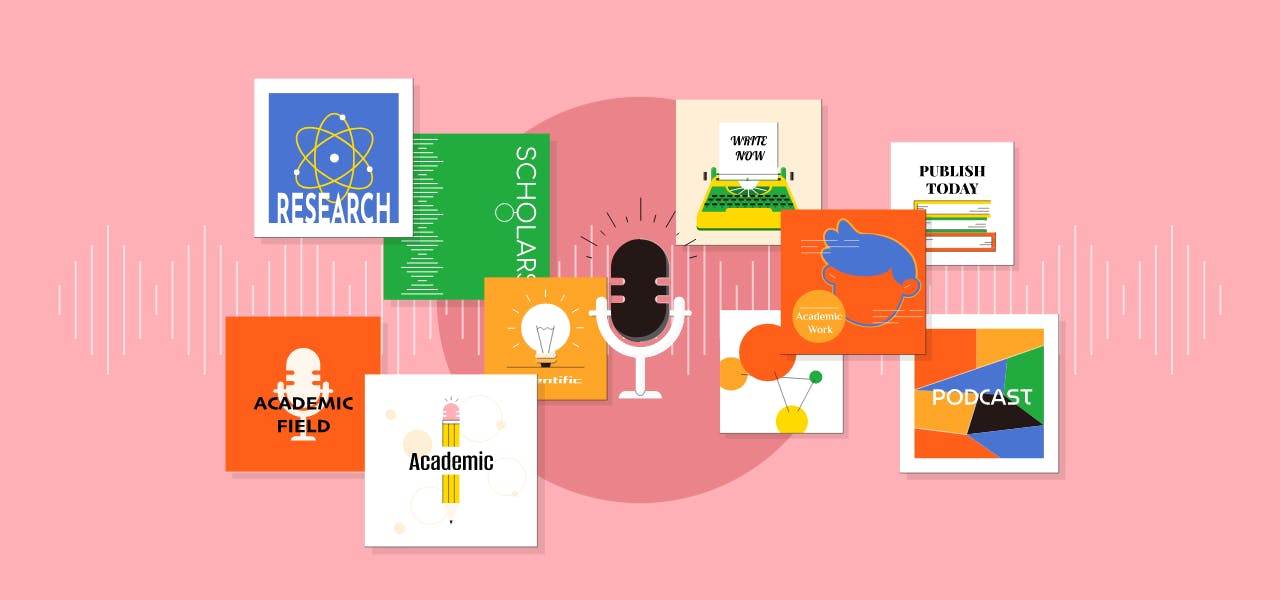JOSE CARLO B. LAVAPIE, MPA, PhD candidate
City Address: Brgy. Dela Paz, Antipolo City, Rizal
Home Address: B11, L7, Villa Obiedo Subd., Naga City, Camarines Sur, Philippines
09175029970/09777869959
josecarlolavapie@gmail.com
PERSONAL INFORMATION:
Present Age: 41
Civil Status: Married
Citizenship: Filipino
Religion: Roman Catholic
Height: 1.68 meters
Weight: 55 kilograms
Blood Type: O
EDUCATIONAL BACKGROUND:
Graduate : Doctor of Philosophy major in Educational Management (candidate)
Naga College Foundation
: Masters in Public Administration
Naga College Foundation (2006)
: Teacher Certificate Program
Partido State University (2009)
Tertiary : Holy Rosary Major Seminary
Bachelor of Arts in Theology (with units) (2001)
: Holy Rosary Minor Seminary
Bachelor of Arts in Philosophy (2001)
Magna cum laude in thesis writing and defense
Holy Rosary Preparatory College Seminary (1997)
Secondary : St. Paul Academy
Goa, Camarines Sur
Elementary : St. Paul Academy
Goa, Camarines Sur
PROFESSIONAL QUALIFICATION:
- International Resource Speaker
- CHED GEC National Trainer in Ethics
- Licensed Teacher, September 2009
- Career Service Professional, May 2003
- PACUCOA trained Accreditor
- LET reviewer
WORK EXPERIENCE:
Program Coordinator Public Administration April 2016 – May 2018
July 2019 to present
Acting Dean College of Arts and Sciences, NCF June 2018 – May 2019
Co-producer of NCF broadcasting GNN television, Idol radio Nov. 2019 – March 2019
Chairperson Humanities and Social Sciences Area May 2012 to 2018
Coordinator NCF Campus Ministry June 2006 – July 2008
Faculty Full time, NCF April 2007 to present
Faculty Part time, NCF November 2003 to present
Data Encoder DA RFU V, Pili, Camarines Sur 2001 to 2002
Note:
Supervisory work started in May 2012 to present. (7 years)
- I was appointed as Acting Dean for the S/Y 2018-2019. This job has management and supervisory function to the program, faculty, and students of the College of Arts and Sciences.
- I was reappointed as Program Coordinator for Bachelor of Public Administration for the S/Y 2019-2020. I held the position since April 2016. This job has management and supervision to the Public Administration program, faculty, and students.
- I was appointed as Area Chairperson for Humanities and Social Sciences from May 2012 to May 2016. This job has management and supervision to the faculty teaching Humanities and Social Sciences and to students taking Humanities and Social Sciences subject
Membership in Professional Organizations/ honor societies and honors received
- Member, Association of Education Researchers and Trainors
- Business Manager, Bicol Society of Public Administration
- Member, Philosophical Association of the Philippines
- Accreditor, PACUCOA
COMMUNITY OUTREACH
- Values Formation for Parents in Barangay Carolina – Part II
Center for Social Responsibility, Naga College Foundation
January 29, 2016
- Program Coordinator
Tree Planting for Sustainable Development
Almeda Highway, Concepcion Grande, Naga City
Professional Examinations/License/eligibility
- Licensed Professional Teacher
Professional Regulation Commission
License Number : 04929138
Date Taken : October 4, 2009
Rating : 82.40
- Career Service Professional
Civil Service Commission
Exam Number : 514430WE
Date Taken : August 28, 2002
Rating : 83.24
SKILLS:
Community Organizing, Facilitator, Artistic works, Radio hosting
EXPERT SERVICES RENDERED:
1 International
- Resource Speaker/ Keynote Speaker
- Second China-ASEAN Conference for Public Administration
- Guangxi University for Nationalities
- Nanning City, Guangxi, China
- December 13 – 15, 2019
- Resource Speaker/ Keynote Speaker/ Research Panelist
- First China-ASEAN Conference for Public Administration
- Guangxi University for Nationalities
- Nanning City, Guangxi, China
- December 5 – 8, 2018
2 National/Regional
- Trainer
- General Education Curriculum Training
- Sorsogon State College, Sorsogon City Campus
- July 31, 2019
- Resource Speaker
- Securing and Ensuring the Province of Masbate as a Safe and
Crime Free Marine Transport Hub
- Camp Bonny Serrano, Masbate City
- September 13, 2017
- Resource Person
- CHED GE Training
- Don Mariano Marcos State University
- Agoo, La Union
- December 21, 2018
- Guest Speaker
- Unlocking and Rediscovering Varieties of Ideal & Humannes
- Central Bicol State University of Agriculture, Calabanga
- March 12, 2018
- Resource Person
- Enrichment Sessions on the New general Education Curriculum
- CODDCAS, Ateneo de Naga University
- September 3, 2017
- Presenter for Ethics
- Readiness of region V HEIs in teaching the New General
Education Curriculum (NGEC)
- CODDCAS, CHED V
- Mariners Polytechnic Colleges, Naga City
- July 17 – 18, 2017
- Trainor
- Regional Training of Teachers for GEC Ethics
- CHED OPSD Central Office
- Naga College Foundation (DHEI)
- May 5 – 18, 2017
- Resource Speaker on Community Organizing, Participatory
Governance, Leadership and Values Formation
- DILG Capability-Building for CSOs Project/BIGFIS
- Tiwi Spring Resort, Tiwi, Albay
- October 20-21, November 21 – 22, 2016
- Resource Speaker
- Values Formation
- Central Bicol State University of Agriculture
- March 4, 2016
- Resource Speaker
- Mid-year In-Service Training (INSET)
- Cararayan National High School
- Cararayan, Naga City
- October 26, 2015
- Radio Co-Host
- Pulpito sa Radyo
- DZRP, Radyo Partido
- Goa, Camarines Sur
Local
- Resource Speaker
- BSPA – Leadership Training and team Building Activity
- Bicol Society of Public Administration – NCF Chapter
- Avida Club House, Pacol, Naga City
- August 21, 2019
- Resource Speaker
- Voter’s Education Seminar
- CSG – CSC Elections 2018, Naga College Foundation
- February 28, 2018
- Speaker
- Academic Track and Strands, SHS Orientation
- Naga College Foundation
- October 16, 2015
- Resource Speaker
- High School Career Week 2015
- Basic Education Department
- July 30, 2015
- Resource Speaker
- Parenting with Love and Logic
- Naga College Foundation
- May 30, 2015
- Resource Speaker
- 7th Leadership Convention
- Office for Student Affairs, Naga College Foundation
- July 1-3, 2011
- Resource Speaker
- Love symposium
- Guidance Office, Naga College Foundation
- February 29, 2020
- Moderator
- MTV CUP Asian Parliamentary Debate Competition
- College of Arts and Sciences, Naga College Foundation
- March 7, 2020
Expert services in accreditation work as member of the Board of Directors, member of the Technical Committee or Consultant Group
- Area 3 Member – Instruction
- Teacher Education Department
- January 21, 2005
- Reviewer
- Licensure Examination for Teachers
- College of Teacher Education
- November 29 – 30, 2015, January 24 – 25, 2016
Service as coach/trainer in sports or adviser of student organization
- CAS is Ohana: Bridging Gaps and transcending Tags
- February 9, 2019
- Naga College Foundation
- Board of Judges
- 17th Regional Inter-Criminology Academic and Skills Olympics
- August 11, 2017
- Naga College Foundation
- Chairman, Committee on MTV Cup (Oxford-Oregon Debate)
- February 17, 2017
- Naga College Foundation
- Adviser
- Naga College Foundation Debate Society
- School Year 2015 – 2016
- Adjudicator
- Debate Competition
- Philosophy Department, Ateneo de Naga University
- Member, Board of Adjudicators
- National Science and Math Month Celebration
- Naga College Foundation
- October 7, 2010
- Member, Board of Adjudicators
- 2010 Inter-Class British Parliamentary Debate
- Naga College Foundation
- October 3, 2010
- Chairman, Committee for the Mass
- Liberal Arts and Education Day
- Naga College Foundation
- December 12, 2009
- Judge, Poster Making Contest
- Book Week Celebration
- Naga College Foundation
- November, 2007
- Chairman, Board Games Committee (Chess)
- LiAEd Day 2005
- January 21, 2005
- Naga College Foundation
- Program Coordinator
- Radyo Eskwela 12:00 – 1:00 pm
- Idol FM 101.5 Naga
- October 1, 2018 to March 30, 2019
Training and Seminars Attended:
1 International
- First China-ASEAN International Conference for Public Administration
- School of Politics and Public Administration, Guangxi University for Nationalities
- December 5 to December 8, 2018
- Guangxi University for Nationalities, Nanning City, Guangxi, China
2 National
- 2nd ASSERT and PISARA Technologies & Solutions, Inc. National Convention on
Outcome-Based Education
- Association of Educational Researchers and Trainers (ASSERT)
- October 11-12, 2018
- City Garden Suites Hotel, Manila
- Workshop on Understanding the Self course
- 2nd ANC-OBE
- Mapua University, Intramuros, Manila
- October 13, 2018
- Orientation of DHEI Trainors and Coordinators for the Conduct of CHED Faculty Training for the Teaching of the New General Education Core Courses: 2nd Generation Training
- Commission on Higher Education – Technical Panel for General Education
- April 5, 2017
- Lyceum of the Philippines University, Manila
- Training of Trainors for the Teaching of the New General Education
- Commission on Higher Education (OPSD), Ateneo de Manila University
- October 10 – 28, 2016
- Ateneo de Manila University
- 2015 APCAS National Annual Convention
- Asosasyon sa Pilipinas ng mga Colehiyo ng Agham at Sining (APCAS)
- October 28 – 30, 2015
- Far Easter University – Cavite Campus
- National Youth Seminar – Workshop on Building Leadership through Service
- Research and Educational Development Training Institute
- November 27 – 29, 2013
- Hotel Supreme, Baguio City
- Seminar Workshop on “Strengthening the Leadership Responsibilities through Relevant and
Appropriate Program Implementation Reinforced by Vigilant Advising.”
- Research and Educational Development Training Institute, LORMA Colleges
- July 25 – 27, 2007
- Sea and Sky Hotel, City of San Fernando, La Union
- 13th Asia Pacific Congress on Faith, Life and Family
- Human Life International
- October 6 – 8, 2006
- Parklane International Hotel, Cebu City
- Training of Faculty Members for the Associate in Health Sciences Education Curriculum
May 16 – 18, 2005
University of the Philippines, Manila
3 Local
- Council of Deans for Graduate Education (CODGE V) Regional Assembly & Orientation on
CODGE Capability-Building Project on Graduate Research
- CODGE V, CHED V, Partido State University
- April 29, 2019
- Bicol State College of Arts, Sciences, and Technology
- 1st Meet-Up of Public Administration Practioners and Contributors
- Bicol University Graduate School, Jesse M. Roberdo Institute of Governance and
Development, Council of Deans for Criminology Education (Region 5)
- February 20, 2019
- Casa Lorenzo, Tagas, Daraga, Albay
- Council of Deans for Business Education Conference and General Assembly
- CHED V – CODBE V
- July 26, 2017
- Ateneo de Naga University
- ASPAP Regional Conference: Empowering Stakeholders for Sustainable Development
- Association of Schools of Public Administration in the Philippines
- July 24 – 25, 2017
- Aruppe Convention Hall, Ateneo de Naga University
- 5. Multi Disciplinary Research: Towards Academic Innovation and Quality Service
- March 25, 2017
- Naga College Foundation
- Effective Teaching Through Performing Arts
- January 6, 2017
- Naga College Foundation
- Refresher Seminar on faculty Research
- December 16, 2016
- Naga College Foundation
- Postmodern Thought and its Aftermath
- Philosophy Department, Ateneo de Naga University
- February 11 – 12, 2016
- Fernando Hall, Ateneo de Naga University
- Enhancing Instructional Competencies Towards Outcomes-Based Education
- June 26, 2015
- Naga College Foundation
- Motivating, Mentoring, and Counseling Students Teaching Critical Thinking Skills and
Creativity to Students
- Lasallian Schools Supervision Office Luzon Superintendency
- April 26, 2016
- Naga College Foundation
- 20-hour Institutional English Proficiency Training (EPP)
- April 4 – 15, 2016
- Naga College Foundation
- NCF Initiatives on 21st Century Educational Trends
- June 10, 2016
- Naga College Foundation
- Events Management Training Workshop: High Impact Corporate Events
- Great Concepts and Events
- April 15, 2016
- Naga College Foundation
- From Water to Worship: From Great Monster to Gentle Mother: the Anthropology
Of the Bikol River
- September 3
- Ateneo de Naga University
- CODDCCAS General Assembly
- Council of Deans and Department Chairs of College of Arts and Sciences
- September 5, 2014
- University of Nueva Caceres
- Seminar/Training on Basic First Aid, Rescue and Firefighting
- Bureau of Fire Protection Regional Office 5, Naga City Fire Station
- August 6 – 7, 2012
- Naga City Fire Station, Naga City
- Philosophy Week 2012: Contemporary Ethical Issues in Technology and Environment
- Department of Philosophy, AdNU
- January 26, 2012
- Ateneo de Naga University
- NCF@64: Responding to a School Culture of Excellence and Innovation
- June 1 – 2, 2011
- Naga College Foundation
- Summer Training and Enrichment Program
- April 20 – 23, 2010
- Naga College Foundation
- Regional Convention on Decoding Philippine Politics: An Interdisciplinary Approach
- Department of Philosophy, AdNU
- January 29, 2010
- Ateneo de Naga University
- Orientation on the Portfolio Toolkit for Teachers
- December 20, 2008
- Naga College Foundation
- Affirming Human Dignity Amidst Complex Developments and Escalating Demands in the
Fields of Communication, Science and Technology.
- Council of Deans and Department Chairs of Colleges of Arts and Sciences
- October 7, 2008
- CHED V Conference Room, Legazpi City
- Values Formation and Work Ethics Seminar
- August 11, 2007
- Naga College Foundation
24, Customer Relationship Management Seminar
- March 9, 2007
- Naga College Foundation
- From Classroom to Workplace: Bridging the Education &Industry Gap
- November 4, 2006
- Naga College Foundation
- Seminar on Self-Transformation
- September 20 – 22, 2006
- Naga College Foundation
- Dynamism in Education: Product of Research-Based Instructional Program
- January 28, 2006
- Naga College Foundation
- Seminar on Frontiers of Science and Technology
- College of Social Work and Arts & Sciences
- October 5, 2005
- Universidad de Sta. Isabel
- Teachers Basic Counseling Seminar
- Guidance Counseling and Testing Center
- August 9, 2005
- Universidad de Stat. Isabel
- Workshop and Demo-Teaching on Portfolio Assessment
- July 2, 2005
- Naga College Foundation
- Trainors training on “Defenders of Life and Family”
- Human Life International Pilipinas
- June 26, 2005
- Mo. Francesca Spirituality Center, Naga City
- Portfolio Assessment Training
- June 23, 2005
- Naga College Foundation
- The Thing-y Character of Human Existence
- November 24, 2004
- Ateneo de Naga University
- Seminar on Advance Educational Psychology
- Graduate School, AdNU
- September 25, 2004
- Ateneo de Naga University
- Modern Education Towards Excellence & Globalization and Workshop in Action Research
- September 11, 2004
- Naga College Foundation
- Newsletter Writing Seminar
- September 10, 2004
- Naga College Foundation
- Seminar-Workshop on Personality Development, Social Graces and Platform Skills
- McGregor and Pryce Consultants, Inc.
- July 5, 2004
- Naga College Foundation
- Seminar-Workshop on Values and Work Attitude
- Mc Gregor and Pryce Consultants, Inc.
- July 3, 2004
- Naga College Foundation
- Winning Classroom Motivation Techniques Seminar
- Mc Gregor and Pryce Consultants, Inc.
- June 8, 2004
- Naga College Foundation
- Development of Course Content and Effective Teaching Strategies Seminar
- Mc Gregor and Pryce Consultants, Inc.
- May 24 – 25, 2004
- Naga College Foundation
- Enhancing Teaching Competencies Through Transformative Curriculum
- January 24, 2004
- Naga College Foundation
- Formative Dialogue
- December 7, 2003
- Naga College Foundation
- The Common Good and the Ethics of Public Servcie
- January 19, 2001
- Ateneo de Naga University
Note:
Seminars. Trainings and Workshops for Supervisory/Management learning and development interventions
Key points: As Provided in MC No. 05, s 2016, “The interventions should cover all or any of the competencies required in leadership positions such as Building Collaborative, Inclusive Working Relationships, Managing Performance and Coaching for Results, Leading Change, Thinking Strategically and Creatively, and Creating and Nurturing a high Performing Organization”
- ASPAP. Regional Conference on Empowering Stakeholders for Sustainable development
Hours: 16 hours
Key points: Leading Change.
Topics :
- Role of ASPAP in Sustainable Development by Dr. Edwin Martin, ASPAP president
- Role of Civil Society Organization in SD by Mr. Antonio Meloto
- Role of National Government in SD by Usec. Adoracion M. Navarro, NEDA
- Role of the Private Sector in SD by Prof. Eleazar E. Ricote, PPPCP
- Role of the Youth in SD by NYC Commissioner Cendana
- National Youth Seminar-Workshop on Building Leadership through Service
Hours: 24 hours
Key points: Building Collaborative, Inclusive Working Relationship. Managing Performance, and Leading change.
Topics:
- Leadership ethics
- Work ethics
- Management of values system
- Leadership as empowering
- Leadership by modeling
- Servant leadership
- China-ASEAN International Conference for Public Administration
Hours: 24 hours
Key points: Leading Change.
Apart from being one of the resource speakers, I attended and involved to different sessions that involves public management/administration. The purpose of the conference were: a.) Conducting dialogues, b.) Converging consensus and promote regional cooperation of Public governance between China-ASEAN, and c.) Modernization of National Governance Capacity
Topics:
- Public Affairs Cooperation Governance between China-ASEAN.
- Reformation in Local Government Governance.
- Public Governance in Frontier and Ethnic Areas.
- Belt and Road and Regional Cooperation
(nota bene: As per practice by the Chinese University and the government, they do not usually giver certificates for trainings and seminars. However, the attached pictures and invitation letter confirms my attendance)
- Seminar-Workshop on Strengthening the Leadership Responsibilities of Student Campus Organization through Relevant and Appropriate Program Implementation Reinforced by Vigilant Advising
Hours: 24 hours
Key points: Building Collaborative, Inclusive Working relationship and Leading Change.
Topics:
- Student Advising and Mentoring
- Managing Vigilantism
- Rizal as a leader
- Moral leadership
- Strategic Management
- Writeshop on program proposal
- Workshop on program implementation
- Customer Relationship Management Seminar
Hours: 8 hours
Key points: Nurturing High Performing Organization.
Topics:
- Quality management for customers
- Managing customer satisfaction survey.
- Seminar-Workshop on Personality Development, Social Graces and Platform Skills
Hours: 8 hours
Key points: Building Collaborative, Inclusive Working Relationship. Creating and Nurturing High Performing organization.
Topics:
- Personality Development for the manager and the faculty.
- Social Graces for the manager and the faculty.
- Platform skills for the manager and the faculty.
- Seminar-Workshop on Values and Work Attitude
Hours: 8 hours
Key points: Building Collaborative, Inclusive Working Relationship.
Topics:
- Values in the workplace.
- Work Attitude
- Formative Dialogue seminar
Hours: 8 hours
Key points: Creating and Nurturing High Performance Organization.
- Multi-Disciplinary Research Towards Academic Innovation and Quality Service
Hours: 8 hours
Key points: Creating and Nurturing a High Performing Organization.
Topics:
- Conducting Multi-Disciplinary research
- Qualitative research
- Quantitative research
- Motivating, Mentoring and Counseling Students: teaching Critical Thinking Skills and Creativity to Students, Stress Management for teachers.
Hours: 8 hours
Key points: Managing Performance and Coaching for results.
Topics:
- Stress Management
- Motivating, Mentoring and Counseling Students
- Contemporary Ethical Issues in Technology and Environment
Hours: 8 hours
Key points: Leading Change, Thinking strategically and creatively.
Topic:
- Contemporary Ethical Issues
- Conference in Business Education in the Changing Horizons
Hours: 8 hours
Key points: Leading Change.
Topic:
- Trends in Business Education
|
|
OUTSTANDING ACCOMPLISHMENTS
|
Outstanding Accomplishment |
Period |
Description / Result |
|
1. CHED GE National Trainor in Ethics
|
2017 |
1. It brought prestige and honor to our school since it was the only HEI in Bicol identified by CHED to be a Delivering Higher Education Institution in Ethics. Likewise, the training was brought to Ilocos region. 2. This CHED recognition is a guarantee that our school is delivering quality education with quality professors. 3. It brought additional income to our school. |
|
2. International Resource Speaker
|
December 2018 |
1. It brought prestige and honor to our school. The Guangxi University for Nationalities in Nanning, China identified me as their resource speaker and panelist during the China-ASEAN International Conference for Public Administration. 2. All expenses were shouldered by Guangxi University. Hence, my school saved some financial resources for the faculty development program. 3. I created linkages among Chinese professors and other ASEAN professors. |
|
3. Government recognition of Public Administration program
|
June 2014 – February 2019 |
1. It adds additional income for our school. 2. It opens new professorial jobs. 3. It created new course-choice for students planning to work in government. |
|
4. PACUCOA level 2 Reacreditation
|
July 2018 |
1. A guarantee that the liberal arts program is delivering quality education and producing quality graduates. 2. Students do no longer apply for Special Order (SO) as they graduate. 3. It offers some space/leniency from CHED’s strict monitoring of courses. |
|
5. Trainor-Resource Speaker for CSO’s, NGO’s and PO’s of Malinao Albay. “Capability Building Seminar Workshop”
|
November 2016 |
1. It capacitated NGO’s, CSO’s and PO’s with regards to how to conduct strategic planning, monitoring and evaluation of their projects and programs. 2. Additional knowledge of leadership and work ethics. 3. Realization on what is a genuine NGO, CSO and PO as arm extension of the government. |
|
6. Resource Speaker on Work Ethics, Values Formation and retreats (different schools, government agencies, people’s organization |
2003 - present |
1. It brought prestige to my school. 2. Employee/faculty/student enhancements to achieve excellent performance. 3. I became more proficient as a trainor, resource speaker and retreat master. |
CHAPTER I
THE PROBLEM
Introduction
The economic crisis that befaced our country today due to economic crisis attributed by the implementation of train laws, unexpected inflation rates has extremely affected various educational institutions, especially as it posed a threat to all major’s sources of income along tuition fees, research and extension funding as well as the entire physical plant development of the school. Despite of these external environment threats and challenges, the Naga College Foundation, especially the College of Arts and Sciences have continued to move forward in capacity building to compare for the very best students, producing creative works and researches.
The NCF- College of Arts and Sciences is a place where students can find great opportunities, rich and rewarding educational environment, marked by functional and closed collaborations and interactions with their peers and mentors. It is a place where they can be exposed to brilliant ideas they never imagined and where they can explore greener avenues or paths they never expected.
The College is dedicated to provide students with intellectual foundations for a rich, fulfilled and meaningful life and promising future for all. With access to effective and efficient faculty and staff and a wide range of majors and minors, prospective incoming students can make a paradigm shift in their learning outcomes and will also have every opportunity to follow their envisioned dreams.
The College will surely continue to sustain, enhance and amplify academic standing, advocating for the ways an art and science education can promote inquiry, curiosity and thirst for learning. This is what drives discovery and inculcate the desire to apply knowledge and expertise in making the college community in particular and the nation in general by finding solutions to local and global challenges.
The researcher himself viewed a lot of evidence confirming the power and impact of offering the following baccalaureate degree courses: BS Biology, BS Math, Bachelor of Public Administration, BA English Language, BA Filipino Language, and BA Communication. All these courses offering are demanding more liberal arts graduates to manifest versatile skills needed to produce productive careers and long-term fulfillment.
According to Mulay, Ajay (2011)[1], every educational institution endeavor to be more effective, efficient and competitive, Systems cannot improve with changes only in policy, priority and service changes. There are many intervening factors that can have unexpected results. Even the well thought- out and carefully detailed plans fail to achieve the goals due to unforeseen events typically faced by educators and school managers ‘participants dealing with non-routine events. So planning should be dynamic and strategic taking into consideration the unexpected stimuli that changes course of current events. Henceforth, strategic planning must entail continuous improvement at all levels of the educational system, which in turn requires visibility into the planning process and achievement of goals in comparison with the previous cycle of performance.
To the above undertakings and challenges, a strategic plan for the college will serve as guide in establishing and affirming the NCF- College of Arts and Sciences as a Recognized leader in teaching and learning, research and Creative scholarship, outreach and engagement The College is committed to a continues strategic planning focus to especially identify key programs, strategies and measures to define achieve college goals, The proposed five-years strategic plan will promote a connected community with shared values and road map for direction-setting.
This proposed five-years strategic plan will seek to advance the College of arts and Sciences stated vision, mission, goals and core values. The researcher himself as Dean of the College will see his ambitious goals by adopting this Five-Year Strategic Plan for the college.
Statement of the Problem
This Strategic Research Plan for the NCF-College of Arts and Sciences will serves as road map over the next five years from 2018-2023.
It endeavors to investigate and find answers to the following questions:
- To what extent do the college manifest its progress and development for the past five years along the following set of education parameters:
- Teaching performance, and
- School performance along;
b.1) Enrollment rate, b.4) Drop-out rate, and
b.2) Graduation Rate b.5) Prestigious Awards?
b.3) Retention Rate,
2.) What is the five-year futuristic projection of the college along the following set of education parameters;
a.) Enrollment rate, c.) Retention rate, and
b.) Graduation rate, d.) Drop-out rate?
3.) What are the Strengths, Opportunities, Aspirations and Results (SOAR) of the NCF- College of Arts and Sciences along the following core areas;
a.) Student Development,
b.) Faculty and Staff Development,
c.) Research,
d.) Outreach Program, and
e.) Curriculum Development?
4.) What specific Goals and Strategies can be developed and implemented along the following core areas:
- a) Student Development,
- b) Faculty and Staff Development,
- c) Research,
- d) Outreach Program, and
- e) Curriculum Development?
5.) What Strategic Vision, Mission, Goals and Core Values will the NCF- College of Arts and Sciences be committed for the next five years?
Assumptions
This study was bench on the following basic assumptions:
- There is a strong societal demand or needs for an educated and well-trained graduates of College of Arts and Sciences.
- The General Public are concerned about educational access, relevance and responsiveness to Arts and Science education, about the case of College Education.
- Weaving a sound curriculum that effectively promote Students skills and talents is an on-going challenge for any college institution.
- Aligning instructional programs to the occupations with the greatest job opportunities and most of which will require a Bachelor’s Degree will be an important public service and an on-going challenge for the college.
- The ability to measure and track data is necessary to identify trends in students learning outcomes and other school performance indicators. It is not enough for the college officials that they can collect data but of equal importance, they must know how to analyze and use the data to make valid judgement in the classroom, student services, and in human resource development.
- Colleges are expected to manifest more directly the contributions of their research to the socio-economic and cultural development of their local, regional and national settings.
- Information and Technology(IT) development represents an evolving challenge to faculty members who need to mentor some students who may be very skilled in using the technology, hence faculty members must learn how to use them and the effectiveness of such technology must be empirically evaluated.
Significance of the Study
The study would be of great help to the following:
To the College Dean. The College Dean can monitor and evaluate periodically the progress and development of the college five-year strategic plan towards possible key results and assess how and where it may have gotten off track.
To the College Board of Trustees. With a college plan in place, the governing body of the college can be provided with functional roadmap where they can assess, evaluate and modify to facilitate effective and functional governance and decision-making and they can provide appropriate direction for the future of the college.
To the Faculty and Staff. A very functional, well implemented and communicated plan may holds all faculty and staff accountable for their actions and encourages collaboration. The plan may also encourages commitment by showing staff members that their work is essential, part of a larger strategy to help their college succeed.
To the Students. Students are the ultimate beneficiaries of the results revealed in this study. Strategic planning will provide a framework so that most important priority of the school-students’ educational achievement is taken care of.
To All College Stakeholders. With a well-communicated and Executed Strategic plan, everyone will be informed of the college goals and how their actions are contributing to the achievement of these goals. Furthermore, it will enable all stakeholders to work towards common vision.
To CHED officials. Results revealed in this study could provide insights among CHED officials to assist the college in promoting, directing, and supporting various school advocacies along instruction, research and extension services.
Other Researchers. The results will serve as possible related literature and studies for strategic long-range plan for the College of Arts and Sciences. Enrichment or validation of the plan of the same variables is recommended for them to be able to reinforce results of this investigation. The findings can also serve as basis for future conceptual frameworks.
Scope and Delimitation
The strategic research plan for the NCF- College of Arts and Sciences sill serve asa road map over the next five years from 2018 to 2023.
The investigation and evaluation will focus on the following variables and parameters: 1) The extent of the College manifestation of its progress and development for the past five years along the following set of the education parameters: a) Teaching Performance, and b.) school performance along: b.1) Enrollment rate, b.2) Graduation rate, b.3) Retention rate, b.4) Drop-out rate , and b.5) prestigious Awards: 2) Five year futuristic projection of the college along the following set of education parameters: a) enrollment rate, b) Graduation rate, c) retention rate and d) Drop-out rate; 3) The strengths, Opportunities, Aspirations and Results (SOAR) of the NCF- College of Arts and Sciences along the following core areas: a) student development, b) Faculty and Staff development, c) Research, d) outreach program and e) Curriculum development; 4) Specific Goals and Strategies that can be developed and implemented along the following core areas: a) student development, b) Faculty and Staff development, c) Research, d) Outreach Program, and e) Curriculum development.
The respondents of this study almost all College officials, Deans, Directors, Faculty and Staff and Students of the NCF- College of Arts and Sciences. Other stakeholders such as the parents of the students, LGU Officials and members of the College Board of trustees are also considered as respondents.
The data gathering tools to be used are as follows: 1) Focus-Group-Discussion, 2) Series of Workshops, 3) College wide meetings, 4) Survey Questions, 5) Interviews and 6) Documentary Analysis.
There was no attempt to investigate the production agenda of the College, hence the delimitation of this research plan.
Definition of Terms
For a better understanding of the difficult terms used in the study the following are defined conceptually and operationally.
Planning. “A formalized procedure to produce an articulated result, in the form of an integrated system of decisions.” Thinking about and attempting to control the future state of decisions” (Mintzberg, 1994, p11-12)[2]
Planner. As ion the case of this study, the researcher himself as Dean of the College itself is the Chief-planner. He is supposed to be assisted by his comrade, faculty and staff members of the College of Arts and Sciences, who are directly involved in conducting the strategic planning process. Occasionally, planners include other stakeholders of the college, such as funders, community leaders and program experts. Facilitators may also the planners to develop and follow their own planning process.
Strategy. A major approach to achieve strategic goal(s) or address strategic issues. For example, a strategy might a major approach that utilized issues. For example, a strategy might major approach that utilized internal strengths of the college to take advantage of external opportunities while supporting up in internal weakness to prevent the occurrence of external threats. Strategies are usually long-term in nature.
Strategic. A matter is considered to be strategic if it involves strong input and support from College Officials; was produced from careful consideration of the effects of potential changes in the internal and external environment of the college; is based on the future of the college; will have significant on the governance, leadership and operations of the college; and will involve extensive use of the college resources during plan implementation.
Strategic Planning. “A formal process designed to help a college identify and maintain an optimal alignment with the most important elements the environment , within which the college resides.” This environment consists of “the political, social, economic, technological and educational ecosystem, both internal and external to the college “(Rowley, Lujan, Dolence, 1997 p.14-15)[3].
Vision Statement. A clear and compelling description of the college and its customers/clients at some time in the future. Some planners prefer a strategic vision, which depicts the college and customers/clients shortly after the strategic plan has been implemented. College vision sets out the reason and purpose for organizations’ existence and the “ideal” state the organization aims to achieve.
Mission Statement. A brief comprehensive statement of purpose of the college or program. It describes the overall purpose of the college. The statement can vary widely in terms of content and scope. For example some planners refer to the vision and/or values statements as part of mission statement as well.
Goal. A desired end result, or the specific accomplishment to be achieved at some point in the future. Strategic goals are the planned objectives that an organization strives to achieve. Most senior managers will take the time to develop and articulate appropriate strategic goals for their business in order to demonstrate to subordinate employees what their plans and vision for the company are.” (www.businessdictionary.com>definition) [4]
Core Values. It describes the overall, top-level priorities for an organization chooses to conduct its activities and to be viewed by the public, for example, commitment, achievement, service oriented and integrity. Some planners distinguish between preferred values and actual values. Preferred values are those that the college hopes to adhere to in its activities. “Actual values reflect the behaviors that are actually occurring in the workplace.” (Liedtka, 1998) [5]
Teaching Performance. Can be determined by using the teacher performance Evaluation Rubric consisting of indicators based on CHED standards for the teaching profession. The evaluation process requires the evaluator to use evidence gathered in a variety of avenues to determine a teacher performance rating. (education.ohio.gov>topics>Teaching) [6]
School Performance. As in the case of this study, it refers to the various performance indicators which served as a valid measurement of school performance, such as: 1) Enrollment rate, 2) Graduation rate, 3) Retention rate, 4) Drop-out rate, and 5) Prestigious awards. These performance indicators may accurately and reliably measure school performance. (http:/www.nap.edu>read>chapter) [7]
Enrollment Rate. Gross enrollment ration (GER) is a statistical measured used in the education sector to determine the number of students enrolled in college at different year levels.
Graduation Rate. Graduation rate represents the estimated percentage of people who will graduate from a specific level of education over their lifetime.
Retention Rate. Is the percentage of a school’s first-time, first-year undergraduate students who continue at the school the next year. For example, a student who studies full-time in the fall semester and keeps on studying in the program in the next fall semester is counted in this rate. (http://fafsa.ed.gov>help) [8]
Drop-out Rate. The percentage of students failing to complete a particular school or college course. The drop-out rate among students is currently one in three. Drop-out rate by year level is calculated by subtracting the sum of promotion rate and repetition rate from 100.
Prestigious Awards. Is something given to a person, a group of people, like a sports team, or an organization in recognition of their excellence in a certain field.
Strengths, Opportunities, Aspirations and Results (SOAR). This is a strategic planning tool that focuses on organization on its current strengths and vision of the future for developing its strategic goals. This toll differs from the commonly used SWOT (Strength, Weaknesses, Opportunities, and Threats) analysis. SOAR is a strategic planning framework with an approach that focuses on strengths and seeks to understand the whole system by including the voices of relevant stakeholders. It utilizes a “5-1 approach” in developing a strategic plan: 1) Initiate, 2) Inquire, 3) Imagine, 4) Innovate, and 5) Inspire to implement. (Capela, et al. 2017) [9]
Strength. A good or beneficial quality or attribute of a person or thing. This is the quality or state of being strong in particular. It might mean the ability to exert effort, power may imply latent or external physical, mental, or spiritual ability to act or be acted upon. (http://www.merriam-webster.com>strength) [10]
Opportunity. A set of circumstances that it makes it possible to do something, or it is a situation in which it is possible for you to do something that you want to do.
Aspiration. A hope or ambition of achieving something, or it is something that you hope to achieve.
Results. A consequence, effect, output, or outcome of something. It is the final consequence of a sequence of actions or events expressed qualitatively or quantitatively. (http://en.m.wikipedia.org>wiki>result) [11]
Student Development. According to Ridley (2012) [12], student development in higher education is the integration of academic learning programs with the larger issues of personal improvement and individual growth. It is a student centered, holistic experience focused on understanding (and demonstrating) values, nurturing skills, and moving towards knowledge.
Faculty Development. (As cited by Division of Academic Affairs in Florida State University, 2017) [13], Faculty development is a process by which school faculty work systematically to improve their skills in the following areas: 1) educational skills, 2) leadership skills, 3) skills necessary to engage in scholarly activities, 4) personal development, and 5) skills in designing and implementing a professional development plan. Faculty Development activities are successful when individuals’ goals in these five areas are being met and when simultaneously the goals of the organization are being met.
Research. Research skills refers to the ability to search for answers to questions, to construct reasoned arguments or theories based on evidence and to increase understanding in particular field of inquiry. Research can also defined as the systematic investigation into and study of materials and sources in order to establish facts and reach new conclusions. (http://en.oxforddictionaries.com/definition/research)[14]
Outreach Program. A programme designed to help and encourage disadvantaged members of the community. According to Dewson (2006) [15], Outreach is an activity providing services to any populations who might not otherwise have access to those services. A key component of outreach is that the groups providing it are not stationary, but mobile; in other words they are meeting those in need of outreach services at the locations where those in need are. In addition to delivering services, outreach has an educational role, raising the awareness of existing services.
Curriculum Development. Is defined as planned, a purposeful, progressive and systematic process to create positive improvements in the educational system. Curriculum development has a broad scope because it is not only about the school, the learners, and the teachers. It is also about the development of society in general. (Alvior,2014) [16]
NOTES
[1] H. Mintzberg (1994). The Rise and Fall of Strategic Planning. New York, NY: The Free Press.
[2] H. Mintzberg (1994). The Rise and Fall of Strategic Planning. New York, NY: The Free Press.
[3] D.J. Rowley, Lujan, H.P.E & Dolence, M.G (1997). Strategic Change in Colleges and Universities. San Francisco, CA: Jossey-Bass Publishers.
[4] (www.businessdictionary.com>definition)
[5] J.M. Liedtka (1998). Linking Strategic Thinking with Strategic Planning. Strategy and Leadership,26,30-36.
[6] (education.ohio.gov>topics>teaching)
[7] (https://www.nap.edu>read>chapter)
[8] (https://fafsa.ed.gov>help)
[9] Stan Capela & Arianna Brooks-Saunders (2017). A Different Approach to Strategic Planning: SOAR- Building Strenghts-Based Strategy. Heartshare Human Services.
[10] (https://www.Merriam-webster.com>strength)
[11] (https://en.m.Wikipedia.org>wiki>Result)
[12] Mike Ridley (2012). Student Development (A Personal View). University of Guelph Librarian and Orion Board Member
[13] Division of Academic Affairs in Florida State University (2017).
[14] (https://en.oxforddictionaries.com/definition/research)
[15] S. Dewson etal. (2006). Maximizing the Role of Outreach in Client Engagements. Research Report DINPRR 326, Department for Work and Pensions.
[16] Mary G. Alvior (2014) The Meaning and Importance of Curriculum Development. In Simply Educate Me. Retrieved from (https://simplyeducate.me/2014/12/13/the-meaning-and-importance-of-curriculum-developing/)
This research endeavors to investigate the professional maturity and work ethics of the faculty member of the Naga College Foundation. Specifically, the following problems were answered: 1. What is the Professional Maturity of the faculty members along the following elements: a. moral agency, b. cognitive ability, c. emotional resource, d. social skills, e. principles, and f. sense of meaning? 2. To what extent do the faculty members demonstrated their work ethics along the following aspects: a. attendance, b. character, c.teamwork, d. physical appearance, e. attitude, f. productivity, g. organizational skills, h. communication, i. cooperation, and j. respect? 3. Is there a significant difference among the perceptions made by the faculty members across departments on the demonstrated professional maturity and work ethics? 4. Does professional maturity affect the work ethics of the faculty members? 5. What is the implication of those findings to the human resource development of the institution?
This study was deemed important to school administrators, faculty members, parents, students, human resource department director, and the evaluation committee, and future researchers. The study sought to test the hypotheses that 1. there is a significant difference in the perceptions made by the faculty members across departments on the demonstrated professional maturity and work ethics, and 2. that professional maturity does not affect the work ethics of the faculty members.
The researcher employed the descriptive-correlational method in order to answer specific problems and interpret the results. The data were collected through questionnaire-checklist and unstructured interview which were tallied, tabulated, and interpreted through the use of the following statistical treatments: 1. weighted mean, 2. rank order, 3. Analysis of Variance (ANOVA), and chi-square test.
Data findings revealed the following.
On Professional Maturity.
Faculty members representing six college departments able to manifest excellency on the aspect of professional maturity dimension. The concerned faculty members who manifested excellency on the different aspects of professional maturity excelled most in exhibiting their moral agency and social behaviors.
On Work Ethics.
Faculty members were seemingly good in their work ethics for they always practiced the needed ethical behaviors in the performance of their work. They excelled most along the dimensions of attitude, respect, and teamwork.
Test of Hypothesis on the Significance of Difference along Perceptions
With various degrees of freedom from between and within columns at 5% level of significance with various values for MSS and MSS, all computed values of F-test were less than its corresponding tabular values. Hence, the null hypotheses were all accepted.
Hence, all throughout, there is no significant difference in the perceptions of faculty members across departments along the various dimensions involved for professional maturity and work ethics of faculty members understudied.
Test for the Significance of Relationship
The extent of relationship between the various indications of professional maturity versus work ethics was substantial if not high or very high. A sense of meaning versus work ethics reflects a very high relationship. Moral agency and principle versus work ethics have a high relationship. While cognitive ability, emotional resources and social skills versus work ethics have substantial relationships. hence, professional maturity may affect significantly the ethical behaviors of faculty members towards work performance.
On the implications of the Research Findings to the Human Resource Department.
The researcher comes up with the following implications: 1. the faculty members and his working conditions must have served as the locus of attention of human resource management programs. 2. Maintenance of human resources must be functional and indispensable. Through it, the employee must receive his due share of wages and salaries, rewards and sanctions, psychological motivations, wholesome, and safe working conditions. 3. Any development programs formulated must provide motivation for meeting self-realization, status, and recognition needs. Resources should be committed to the development of action-based programs and projects. 4. Prepare a development plan for faculty members to identify a. the type of development needed, b. development goals, c. the best approach for development, and d. whether development goals had been reached. 5. Feedback of performance information must be made functional and school managers should take action based on the causes for poor performance, ability, motivation or both.
With the foregoing implications, the researcher deemed it necessary to propose model for a comprehensive implementation of the strategic human resource management process for the college.
|
· Duration: April 2016 - present · Position: Program Coordinator for Bachelor of Public Administration · Name of Office/Unit: College of Business and Accountancy · Immediate Supervisor: Adrian A. Ongog. CPA · Name of Agency/Organization and Location: Naga College Foundation, Inc. MT Villanueva Avenue, Naga City
· List of Accomplishments and Contributions (if any)
o Prepared CHED requirements for the permit to operate the BPA. o Government recognition of BPA (approved curriculum from level I to IV). o Linkage with LGU Naga and Guangxi University for Nationalities. o Business Manager, Bicol Association of Public Administration.
· Summary of Actual Duties
o Exercises leadership among the BPA faculty. o Adapts curricular programs attuned to current trends and developments in education and to practices of the profession o Maintains linkages with relevant government, civil society and academic entities or organizations. o Promotes research and scholarly pursuits. |
|
· Duration: June 2018 – May 2019 · Position: Acting Dean · Name of Office/Unit: College of Arts and Sciences · Immediate Supervisor: Aida P. Osea, PhD. · Name of Agency/Organization and Location: Naga College Foundation, Inc., MT Villanueva Avenue, Naga City
· List of Accomplishments and Contributions (if any)
1. PACUCOA level II reaccreditation status. 2. BPA government recognition. 3. Preparation of ISO documents.
· Summary of Actual Duties
o Exercised leadership among program coordinators, faculty and students. o Ensured that the programs follow the standards set by CHED, PACUCOA and ISO. o Budget officer for CAS funds. o Conducted strategic planning and workshop. o Conducted in-house trainings and workshops for faculty members, staff and students. o Promoted research and scholarly works. o Conducted extension services/outreach program on adapted barangay/recipients. |
|
· Duration: May 2012 – May 2016 · Position: Chairperson for Humanities and Social Sciences · Name of Office/Unit: College of Arts and Sciences · Immediate Supervisor: Aida P. Osea, PhD. · Name of Agency/Organization and Location: Naga College Foundation, Inc. MT Villanueva Avenue, Naga City
· List of Accomplishments and Contributions (if any)
o Prepared PACUCOA documents for accreditation o CHED trainor
· Summary of Actual Duties
o Exercised leadership among the HUMSS faculty. o Promoted research and scholarly pursuits. |
|
· Duration: June 2006 – July 2008 · Position: Coordinator · Name of Office/Unit: Office of the Campus Ministry · Immediate Supervisor: Rev. Fr. Rex Luis Hidalgo · Name of Agency/Organization and Location: Naga College Foundation, Inc. MT Villanueva Avenue, Naga City
· List of Accomplishments and Contributions (if any)
o Spiritual nourishment of employees and students
· Summary of Actual Duties
o Exercised leadership on spiritual activities. o Provided guidance and counseling among students. |
|
· Duration: November 2003 – present · Position: Associate Professor · Name of Office/Unit: College of Business and Accountancy · Immediate Supervisor: Adrian A. Ongog, CPA. · Name of Agency/Organization and Location: Naga College Foundation, Inc. MT Villanueva Avenue, Naga City
· List of Accomplishments and Contributions (if any)
o Consistent excellent/very satisfactory remark on evalution.
· Summary of Actual Duties
o Delivers instruction, research, extension service and production. |
Plenary Speaker, Research Panelist
International Keynote Speaker, Resource Speaker, Research Panelist
Magna cum Laude in Thesis defense
